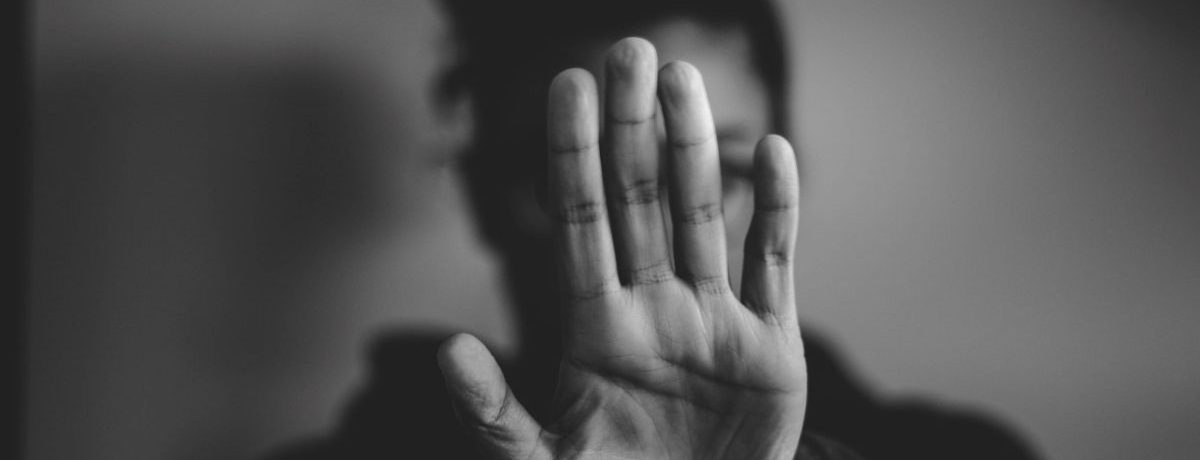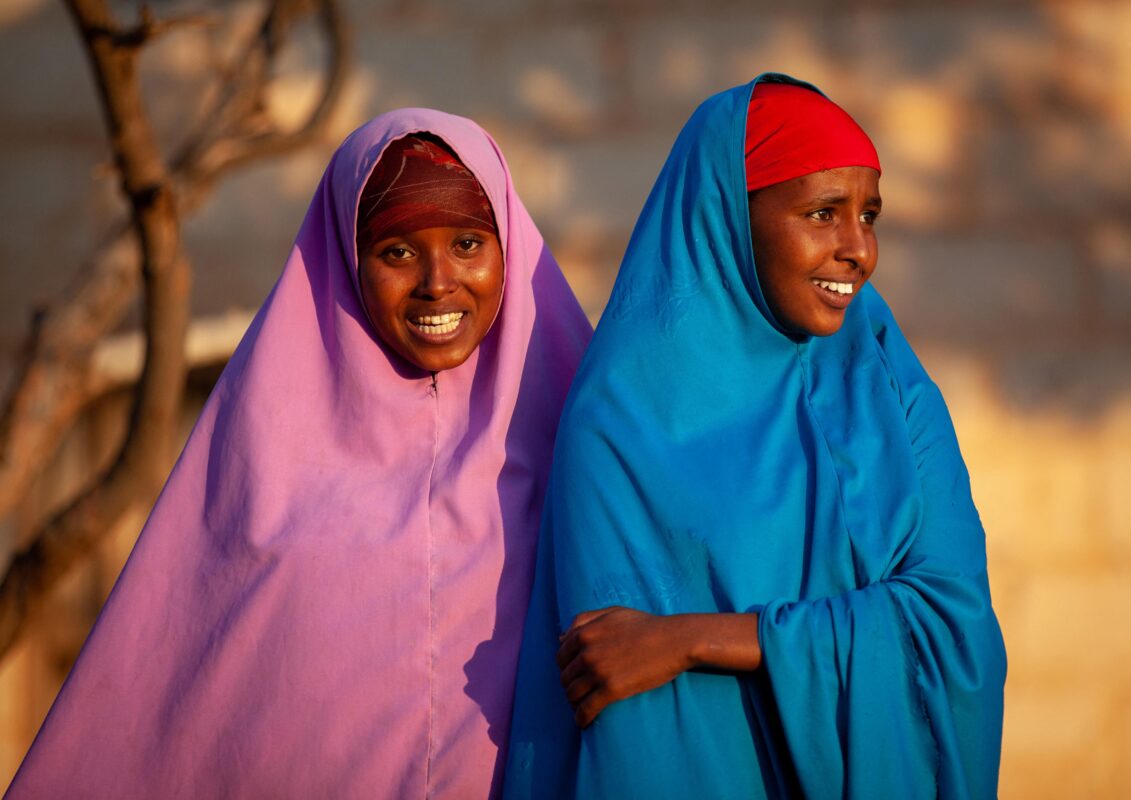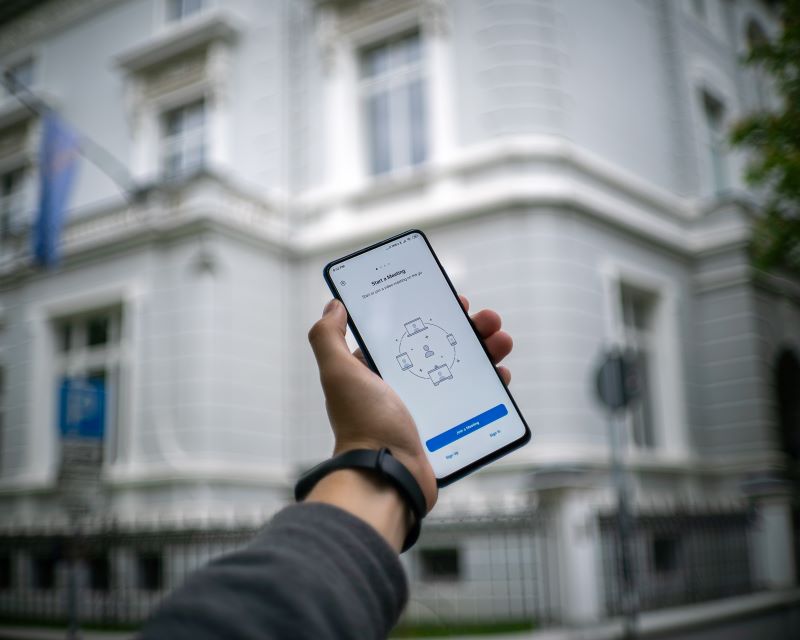While U.S. national security policy pivots towards near-peer competition and away from decades-long focus on violent extremist organizations (VEOs), the threat from VEOs remains viable. And few countries of scale represent what could happen if focus is weakened. Mali is one such country. As Sub-Saharan Africa’s eighth largest country, Mali has a land mass larger than California and Texas combined. The country lost two-thirds of its northern region to VEOs less than a decade ago. In the last few years, the U.S. has supported Mali’s fragile peace by helping the country strengthen its core governance structures, including its justice system—an essential element of any functioning democracy. Our practitioners share their insights working on justice sector issues in Mali.
Mali’s justice system is woefully understaffed. The country has only about 600 judges and 300 lawyers serving a population of more than 18 million, which can leave citizens waiting for months or even years to receive necessary legal advice, make progress with disputes, or have cases brought to court. In this acutely under-resourced environment, paralegals like Mohamed Sangaré function as valuable changemakers in their communities, facilitating citizens’ understanding of human rights via debates, education and awareness sessions, public conferences, and radio programming.
Paralegals learn the fundamentals of law and how to relay key information in a way that is more accessible to people. As they become a known resource person in their communities, paralegals can refer larger, more complex cases to other legal access points, such as a legal aid center or the courts, and accompany the community member through the process as a known, trusted advocate.
The Dexis-managed USAID/Mali Justice Project (MJP) prepares local paralegals to be legal advisors using a national paralegal training curriculum. Mohamed is one of more than 700 paralegals who have completed the training to date. He shared the story of how the program is making a difference in his community and his own life.
Mohamed offered one example of a recent community forum he organized. In the commune of Fatoma, where Mohamed works, a young woman had two children within just two years and asked her husband to engage in family planning—something he refused to do. The husband warned his wife that if she used contraceptive methods herself, he would divorce her because he considered contraception to be evil. However, the husband later participated in one of Mohamed’s community forums on the rights of women and children, which challenged his views.
Mohamed’s forums are thematically bold and, importantly, timely. His recent session focused on the rights of women and children, covering contraception as a right for all women and explaining the benefits of birth spacing. Emphasis was placed on the advantages of family planning for the husband as well as for the wife and children.
During the session, some community participants gave concrete testimonials on the subject. This made it easier for individuals such as the resistant husband to understand the economic, medical, and social consequences of having multiple children in a short period of time and to change his behavior. Not only did the husband consent to the use of contraception in his own relationship, he has since been committed to educating others about the value of family planning.
Mohamed observed the impact not only on beneficiaries but also on himself. “The MJP training increased my knowledge on human rights and made me more aware of the suffering that women undergo in my community,” says Mohamed.
Serving as a paralegal with a concentration in women’s rights and gender issues, Mohamed frequently tackles issues like these and many others. He supports women who express an urgent need to understand and protect their rights, helping them navigate the numerous barriers to receiving justice—the absence of legal texts relating to women’s rights and gender issues, the lack of support from community and religious leaders, and an alternative traditional justice system that is often unfavorable to women, to name a few.
To Mohamed, becoming a paralegal provided an avenue for achieving his personal mission of advocating for the most vulnerable. He hopes that courts are made more accessible, legal texts are ratified by human rights authorities and applied in Mali in their entirety, and costs of legal proceedings become more affordable to all. He urges local leaders to get more involved in the promotion of human rights, particularly in issues involving women and gender, so that everyone’s needs are respected without discrimination.
Mohamed is one of more than 700 paralegals who have completed the training to date. Despite gains, the challenges remain for Mali’s justice sector. Few citizens bring injustices to light, and those who do are unable to obtain essential legal information due to language barriers, illiteracy, or simply because materials don’t exist in a format they can access or understand. High legal costs (e.g., for court fees, representation, etc.) are also prohibitive for many Malians.
Subsequent programs will undoubtedly need to focus on addressing these systemic challenges by deploying those that are best able to address them. Paralegals—especially those sensitized to the needs of women and other underrepresented groups—are an unlikely but an essential group in the struggle for a just environment in Mali.
Elin Harm and Katya Makkaveyev support the USAID/Mali Justice Project (MJP) and contributed to this blog.
Photo by Sebastien RIEUSSEC / Hans Lucas / Hans Lucas via AFP





